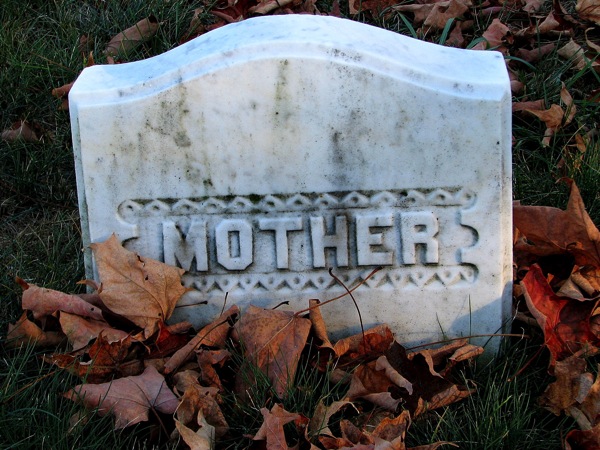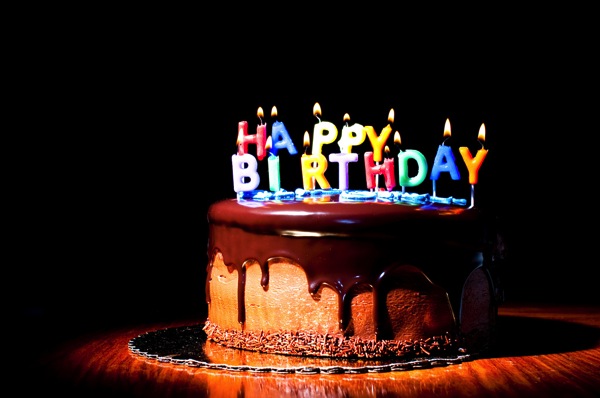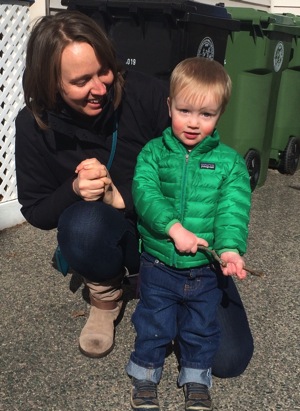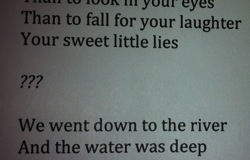
I delighted in Alexandra Petri’s column, “An Easy Guide to Writing the Great American Novel.” A writer must be able to laugh, kindly, at herself, and perhaps less kindly at others, especially when those others are extremely successful.
One of Petri’s must-haves in the great American novel is a “painstaking description of an intricate craft or a science thing that the average reader will not be able to fact-check, which is fortunate because it is such a lovely metaphor.”
I hadn’t even realized this was a thing. Of course it is a thing, and I love it. And even worse, I should probably figure out a way to do it in my own novel, which is set largely in a recording studio. So far there is quite a lot of tape moving from reel to reel, with hissing and whirring and clicks and silences that are something more than silences. But the writers I admire do something much better. Instead of slathering details of the specialized trade everywhere, they distill it into one or two scenes that resonate through their novels without exhausting the reader.
In Heat and Light, Jennifer Haigh tells the story of a coal mining town gone bust and then seemingly reborn when a natural gas company starts buying up land rights. It’s a sweeping book, with a large cast of characters, and Haigh spends time building the characters and the world before she shows us fracking.
Read more at Ploughshares.




 birthday. I started the day off right eating breakfast at the Deluxe Town Diner with him and a few other great people, and then we struck a birthday buddies pose in front of these trash cans. I think it’s fair to say that both Liam and I have learned a lot this past year.
birthday. I started the day off right eating breakfast at the Deluxe Town Diner with him and a few other great people, and then we struck a birthday buddies pose in front of these trash cans. I think it’s fair to say that both Liam and I have learned a lot this past year. 